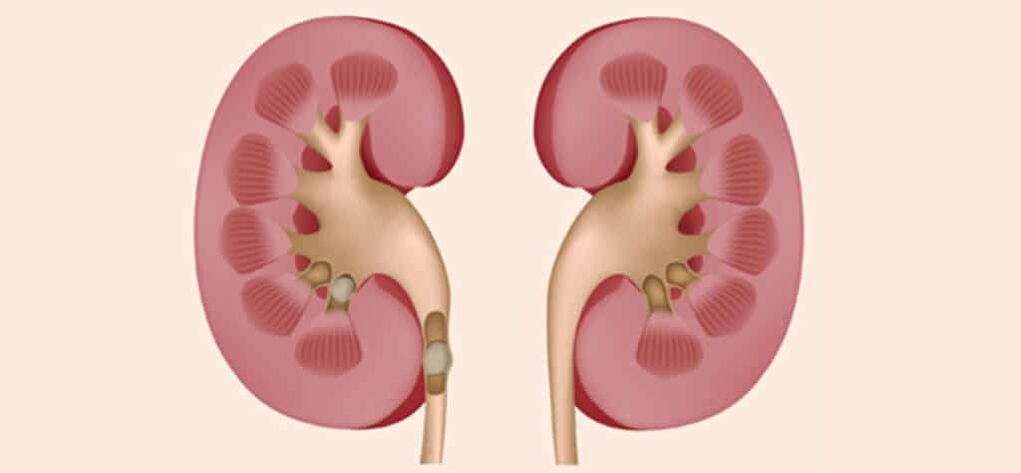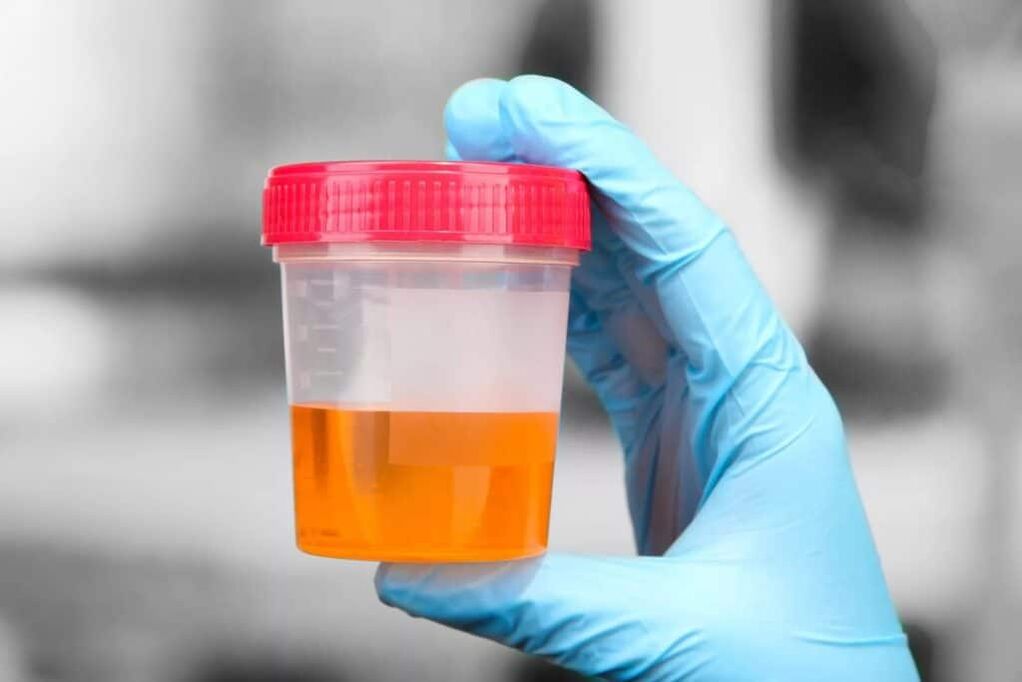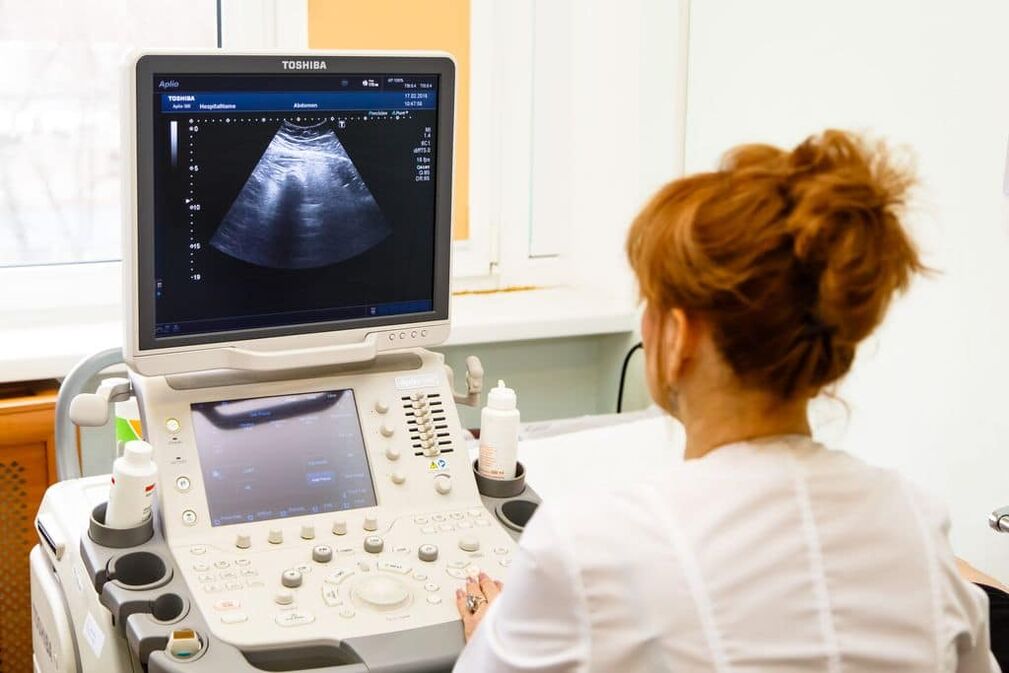Chronic prostatitis is a serious disease with periodic exacerbation that requires long-term and complex treatment. Improper or lack of treatment can lead to the development of various complications, one of which is calculous prostatitis, one of the most severe forms of the disease. Stone prostatitis develops from indolent congestive prostatitis and is diagnosed in men over the age of 65.
calculous prostatitis
Any form of prostatitis is characterized by inflammation of the prostate and can occur in acute or chronic forms. Stoney prostatitis is an inflammation caused by the presence of stones (stones) in the vas deferens of the prostate.
Chronic calculous prostatitis is a rare complex inflammation of the prostate. Chronic congestive prostatitis or prostate adenoma has been undertreated for many years before.
In most cases, complications are found in men who try to treat prostatitis on their own or who do not follow the advice of their attending physician. Arbitrary interruption of the course of treatment, lack of complex treatment, or independent and uncontrolled intake of medication can lead to complications. Very often, the stone form of prostatitis develops on the background of concomitant lesions of the kidneys and urinary system.
The formation of prostate stones can be due to two factors. The first of these is urolithiasis. In this case, they talk about secondary or pseudostones that don't form in the prostate, but instead migrate into them along a downward path with urine. This occurs in the context of an invasion of the urinary system and is due to a decrease in the tone of the prostate, resulting in a backflow of urine with stone fragments.
Primary or true stones form directly in the prostate. This is due to the long-term violation of the nutrition of the organs. At the same time, salts and phosphates accumulate in the prostate, against the background of thickening of glandular secretions, forming dense salt deposits - stones.

Stone prostatitis does not occur immediately. This is often the result of failing to treat chronic inflammation of the prostate.
Cause of disease development
The development of calculous prostatitis is due to long-term dysfunction of the prostate or concomitant diseases of the male genital area. Factors that trigger the development of this disease may be:
- Congestive prostatitis of chronic course;
- Chronic infectious prostatitis;
- benign prostatic hyperplasia;
- Malignant tumors in vivo;
- Urolithiasis;
- Damage to the kidneys.
The structure of stones can be both organic and inorganic, and they rarely exceed 4 mm in diameter. The organic structure of the stone is due to the stagnation of the prostate secret, where the stone is formed directly in the prostate secret.
Inorganic stones enter the prostate due to urethra-prostatic reflux. This phenomenon is observed when the tone of the prostate diminishes and urine flows back from the urethra into the prostate duct. As a result, dense stones are formed, composed of salts and phosphates, which are excreted from the body in the urine.
Among the factors contributing to the development of calculous prostatitis are lifestyle violations against the background of chronic inflammation of the prostate. This includes an unbalanced diet, fatty and heavy foods, and a lack of regular sex.
Men with chronic prostatitis for more than 10 years are diagnosed with calculous prostatitis. In many ways, the development of this disease is associated with incorrect or untimely treatment of a slow inflammatory process.

Urolithiasis increases the likelihood of developing stone prostatitis.
symptoms of disease
The symptoms and treatment of chronic calculous prostatitis are not much different from signs of inflammation in the context of pelvic organ congestion. Patient complaints include:
- frequent urination;
- rectal heaviness;
- pain after urination;
- diminished effectiveness;
- Ejaculation disorders;
- Blood in urine and semen.
The presence of blood in the urine or semen can suspect the stone form of the disease before seeing a doctor. During ejaculation or urination, the stone moves and damages the prostate tissue at the time of corresponding muscle tension. As a result, blood was found in the urine.
Often, the stone form of prostatitis is always accompanied by a violation of sexual function. This may manifest as diminished potency and ejaculation problems. Men often complain about not being able to orgasm during intercourse.
However, in some cases, calculous prostatitis may be asymptomatic. This was observed in the formation of small stones.

A distinguishing feature of this form of prostatitis is the presence of blood in the urine.
Disease diagnosis
The diagnosis of calculous prostatitis is based on the same tests that reveal chronic inflammation.
To make a diagnosis, you must undergo the following tests:
- Prostate rectal palpation;
- Ultrasound or TRUS;
- nuclear magnetic resonance;
- Prostate secretion analysis.
During rectal palpation of the organ, the physician clearly felt the heterogeneity of the prostate, manifested by the presence of nodules and depressions in the organ. If the stones are large, they can be clearly felt on palpation. Additionally, prostate massage in the presence of stones can be painful and accompanied by the release of blood following the procedure due to the damage to the organ tissue caused by the dense salt deposits.
On ultrasound or TRUS, stones are characterized by echogenicity. Such inspections allow you to accurately assess the position, size, profile and even structure of the stone.
In addition, renal ultrasonography and urethrography may be required to rule out a secondary nature of stone formation in the context of urologic disease.

On ultrasound, the presence, location, and size of stones can be well determined.
Treatment principles
The treatment of calculous prostatitis is a long process. Treatment is designed to stop inflammation, relieve symptoms, break down the stone and prevent it from forming again. Usually, the course of treatment lasts at least one month.
Treatment of calculous prostatitis begins with symptomatic therapy, which is based on the use of non-steroidal anti-inflammatory drugs, antibiotics and alpha-blockers. NSAIDs relieve pain and improve health. Antibacterial therapy is only performed when calculous prostatitis occurs on the background of infectious inflammation of the prostate and pathogenic microorganisms are detected during the examination. The preparations of the alpha-blocker group are suitable for the development of urinary disorders. These medications relax the bladder and make it easier to urinate.
An important role in the treatment of calculous prostatitis is physical therapy aimed at improving the nutrition of the prostate. Electrophoresis, magnetic therapy, shock wave therapy are practiced.
If the stone is large, operations can be performed to remove it. Minimally invasive methods and laser surgery are usually used.

Medium-sized stones were successfully shattered by the laser. The procedure is performed in an outpatient setting, is absolutely painless and takes no more than 20 minutes. If there are several stones, a series of procedures are prescribed.
For calculous prostatitis, massage the prostate is contraindicated as this can cause tissue damage during stone movement.
How to cure stone prostatitis - it depends on the size of the stone and the symptoms of the disease. For small stones, treatment is performed with the help of drugs and physiotherapy, which, among other things, aims to crush the stone. Large stones are surgically removed. Surgery is performed under anesthesia.
possible complications
Stone prostatitis is dangerous and there is a risk of abscesses forming in the prostate. This complication requires immediate hospitalization and surgical intervention, otherwise the abscess may open on its own, leading to the development of sepsis.
Lack of adequate and timely treatment can lead to the development of paraproctitis. The disease is characterized by inflammation of the subcutaneous tissue surrounding the rectum. Purulent inflammation can have dangerous consequences, up to sepsis and infection of the whole organism.
One of the most common complications of calculous prostatitis without prompt treatment is erectile dysfunction. Often, the presence of stones in the prostate can cause infertility.
The likelihood of complications is determined during examination and diagnosis. In addition, during the treatment of calculous prostatitis, patients undergo regular ultrasound and prostate secretion analysis to assess the effectiveness of the chosen treatment regimen.

The most common consequence is a breach of validity.
prevent disease
Although stone prostatitis is curable, the attending physician always warns of the risk of stone recurrence. To prevent this from happening, men need to follow some advice.
Prevention of recurrence of the disease reduces to a balanced diet and regular sexual activity. Fatty and spicy foods that negatively affect the functioning of the urinary system should be avoided. Be sure to break bad habits and exercise regularly to prevent blood and lymph stagnation in the pelvic organs.
Since calculous prostatitis is most often a complication of chronic prostatitis, the specific prevention of the disease is reduced to prompt treatment of prostatitis. You should follow your doctor's advice and not try to treat prostatitis on your own.
Many times, men facing the disease do not pay due attention to symptoms, hoping that the discomfort will go away on its own. As a result, prostatitis goes untreated and can persist for many years in a latent form, periodically manifesting as exacerbations. It is important to understand that prompt medical attention and proper treatment will relieve the disease within a few months.
Another common mistake that contributes to the development of calculous prostatitis is stopping treatment of chronic inflammation at the first improvement. As a result, the disease remains untreated and is definitely felt when immunity is lowered.
Therefore, to avoid stones forming in the prostate, you should follow a few rules:
- seek medical attention in a timely manner;
- Strictly follow the instructions of experts;
- Don't let illness take its course.
Everyone with prostatitis should get an annual checkup by a urologist.




































